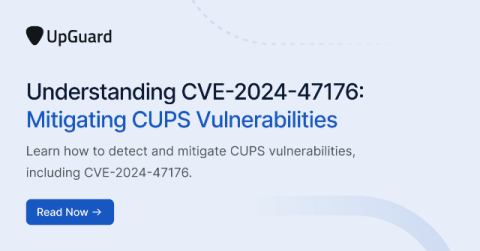Direct Kernel Access: The Risks of ebpf Explained #CyberSecurity #KernelAccess #ebpf
EBPF is a Why direct kernel access through EBPF creates critical vulnerabilities. Insights into security issues like CrowdStrike kernel panics and CIUM exploits. How EBPF is emerging as a key attack vector in modern cybersecurity.









